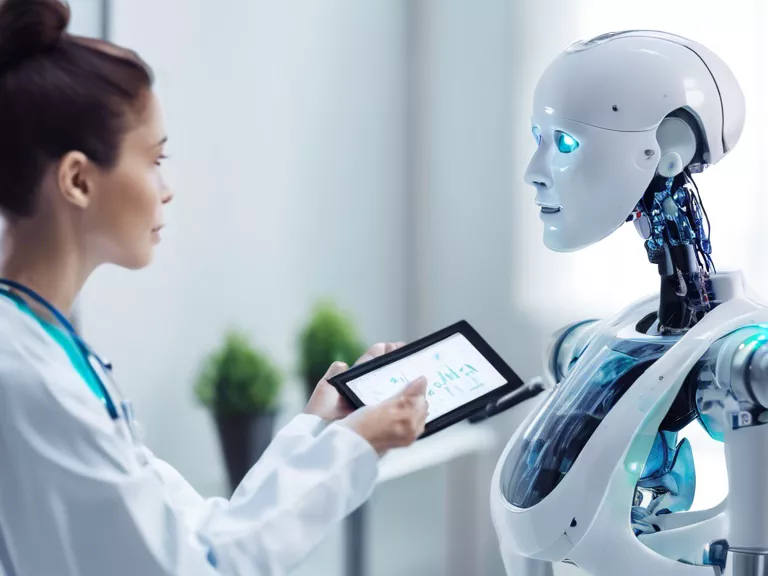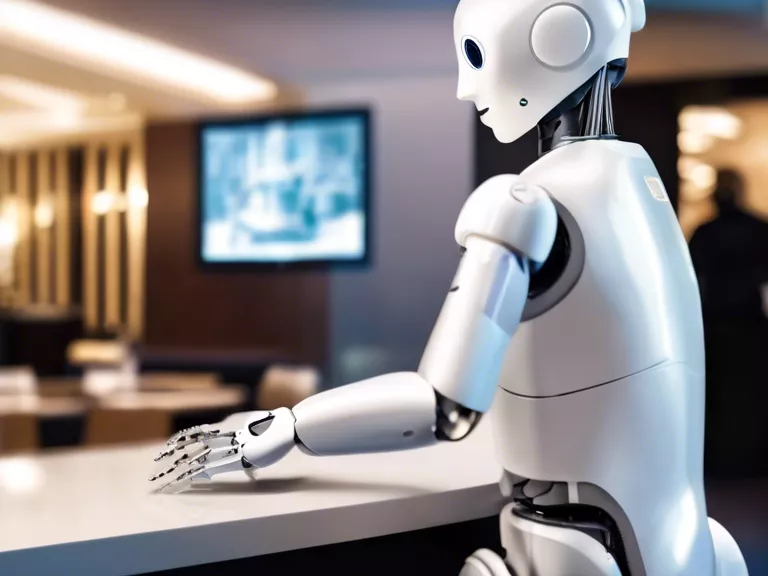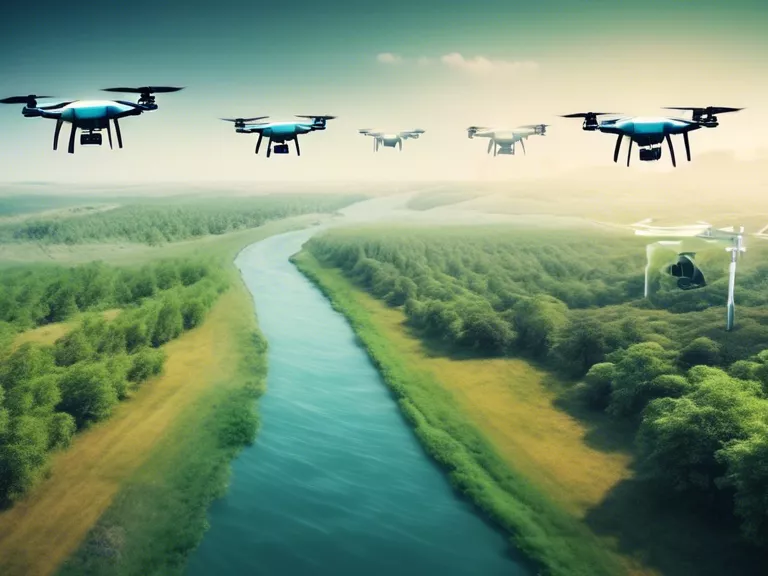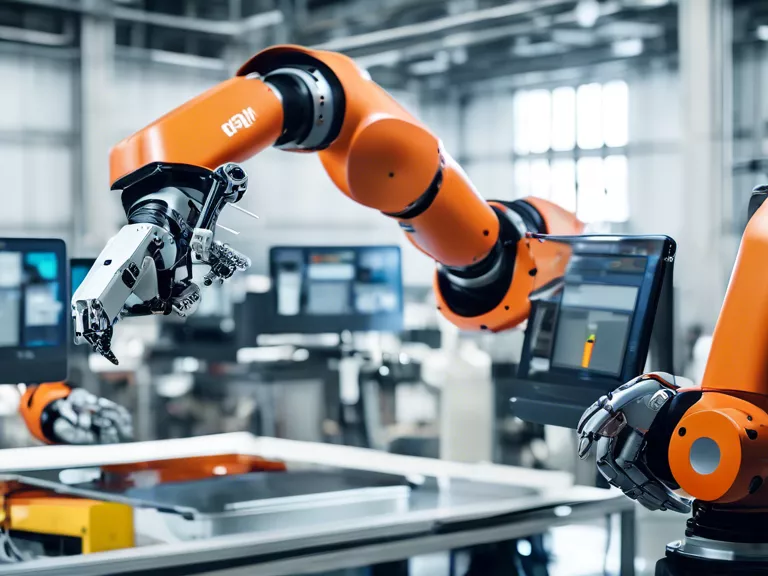
Artificial Intelligence (AI) and robotics are revolutionizing healthcare by enhancing patient monitoring and assistance. This article explores how AI technology is supporting robots in improving patient care in various healthcare settings.
Robotics has played a significant role in healthcare, from surgical robots assisting in complex surgeries to robotic exoskeletons helping patients with mobility impairments. Pairing robotics with AI has further expanded the capabilities of these machines, making them more intelligent and efficient in delivering care.
One of the key applications of AI in robotics for healthcare is patient monitoring. AI algorithms can analyze data collected by sensors on robots to monitor patients' vital signs, detect any abnormalities, and alert healthcare providers in real-time. This continuous monitoring helps in early detection of health issues and timely intervention, ultimately improving patient outcomes.
In addition to monitoring, AI-powered robots can also provide assistance to patients. For example, robots equipped with AI can remind patients to take their medications, provide rehabilitation exercises, and offer companionship to elderly patients. These robots can be particularly helpful in long-term care facilities where there is a shortage of human caregivers.
Furthermore, AI enables robots to learn from their interactions with patients and adapt their behavior accordingly. This personalized approach enhances the patient experience and fosters a sense of trust and comfort between the patient and the robot caregiver.
Overall, the combination of AI and robotics in healthcare is transforming patient care by providing continuous monitoring, personalized assistance, and improved patient outcomes. As the technology continues to advance, we can expect to see even more innovative applications of AI-powered robots in healthcare settings.



